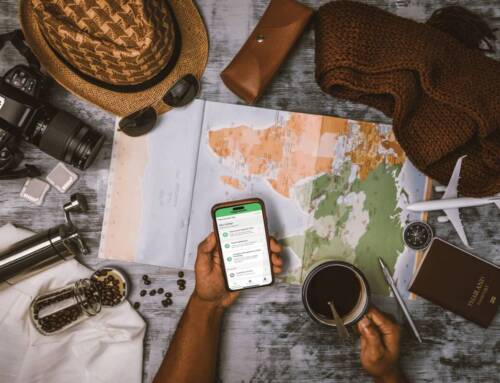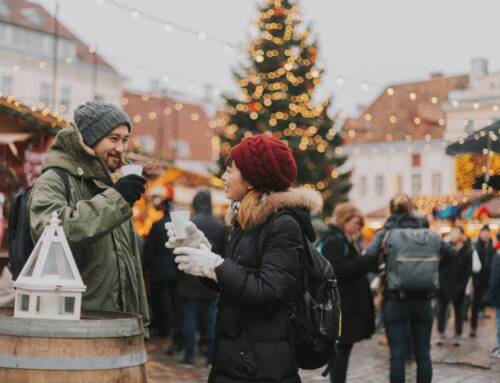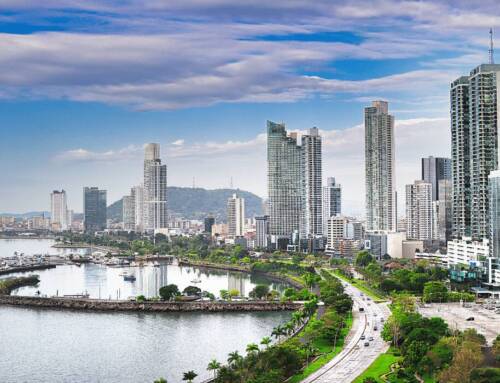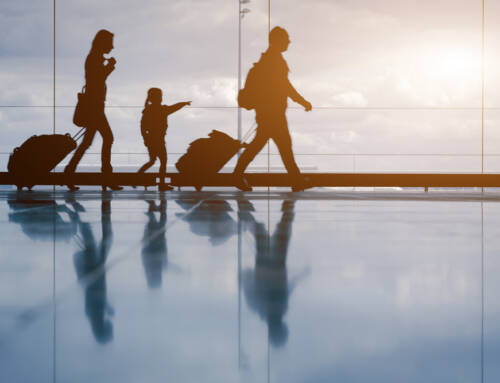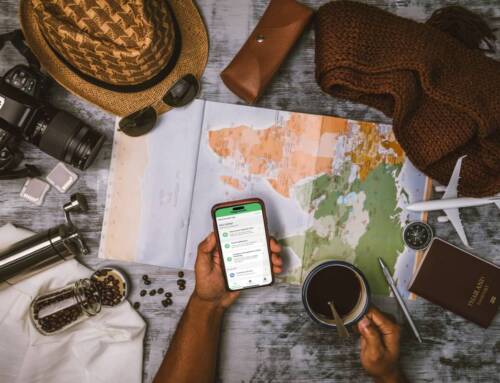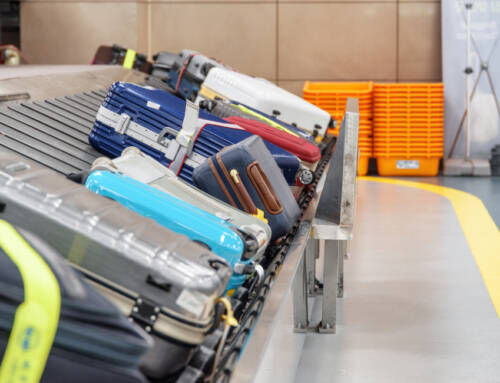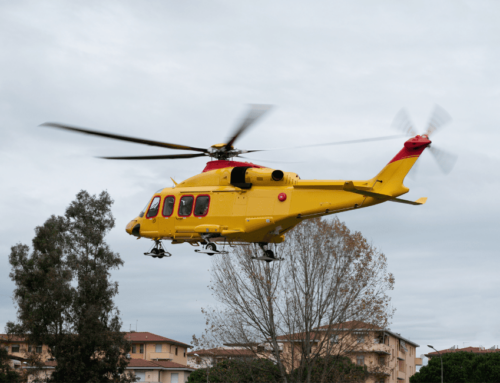Thinking about traveling to Venezuela in 2025? You’re not alone, but you might want to think twice. While the country offers natural beauty and cultural richness, it also presents serious risks for travelers. From high crime rates to political instability and limited access to basic services, Venezuela is currently under a Level 4: Do Not Travel advisory from the U.S. Department of State.
In this guide, we’ll break down the current safety concerns, what to expect on the ground, and why many experts recommend choosing a different destination this year.
Index
Is it safe for a U.S. Citizen to travel to Venezuela?
Traveling to Venezuela in 2025 comes with serious safety concerns. The U.S. Department of State currently lists Venezuela as a Level 4: Do Not Travel destination.
This highest-level advisory is due to widespread violent crime, civil unrest, the risk of wrongful detention, and poor infrastructure. Armed robberies, kidnapping, and carjacking are common—even in major cities like Caracas and Maracaibo. Tourist areas are not always safe, especially after dark or in remote locations.
The political climate is also unstable. Political rallies and protests can erupt suddenly and often become violent. Encounters with police and national guard checkpoints can be unpredictable.
In addition, Venezuela struggles with access to basic necessities. Fuel shortages, power outages, and limited access to clean water and medical care are widespread. Hospitals may lack supplies, and pharmacies are often understocked.
If you absolutely must travel to Venezuela:
- Avoid high-risk areas and stay in secure accommodations.
- Keep a low profile and don’t display valuables.
- Use trusted, private transportation only.
- Monitor travel advice from the U.S. government and local authorities.
Venezuela is not a safe destination for most travelers in 2025. It’s strongly recommended to avoid traveling unless your visit is essential.
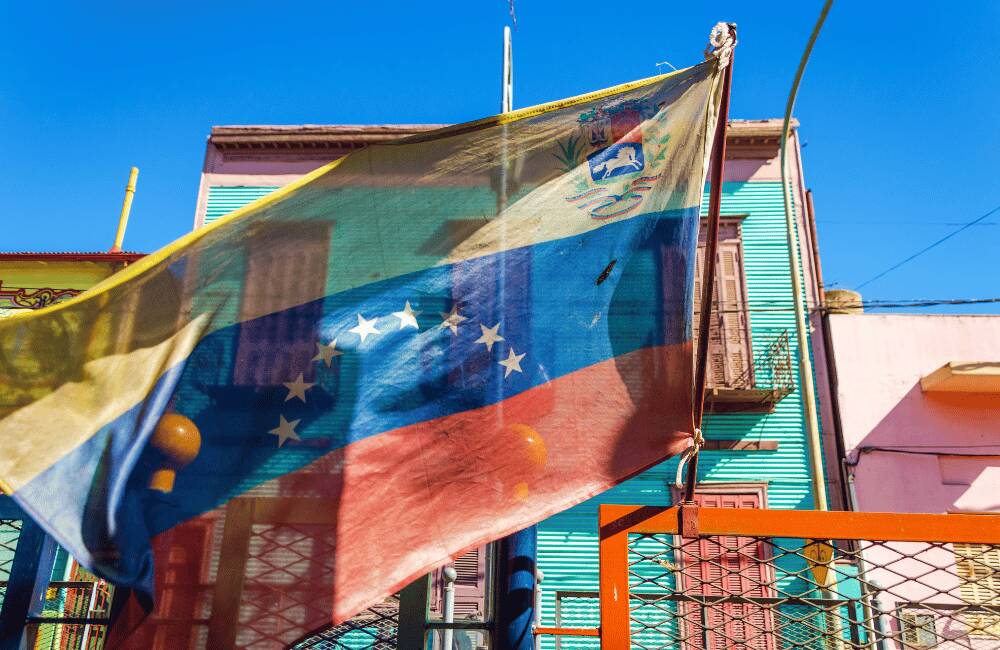
Precautions to take into account when traveling to Venezuela
If you’re traveling to Venezuela despite the risks, planning ahead is crucial. Safety and security should be your top priority.
- Register with the U.S. embassy or consulate
Before your trip, enroll in the Smart Traveler Enrollment Program (STEP). This allows the U.S. government to contact you in an emergency and send travel alerts. - Avoid risky areas
Stay away from land border regions and neighborhoods known for criminal activity. Avoid going out at night. - Arrange reliable transportation
Use only trusted drivers or pre-arranged transport. Avoid public buses and taxis, which can be dangerous. - Limit cash and valuables
Carry only the money you need. Use a money belt or hidden pouch. Don’t wear flashy jewelry. - Stay connected
Keep your phone charged and check in with someone back home regularly. - Prepare for shortages
Pack essentials like medicine, hygiene products, and power banks. Many items are hard to find. - Learn basic Spanish
It helps in emergencies and when dealing with local authorities. - Have an exit plan
Know where the nearest international airport or land border crossing is. Make sure you have backups of all documents.
Even the most careful travelers face risks in Venezuela. These steps won’t eliminate danger, but they can help reduce it.
Which is safer, Mexico or Venezuela?
When comparing travel safety in 2025, Mexico is generally safer than Venezuela.
While Mexico has its own challenges, including organized crime in certain areas, many tourist-friendly regions like Cancun, Mérida, and Mexico City are relatively safe. The U.S. offers region-specific travel advice for Mexico, while all of Venezuela is under the highest-level warning.
Here’s how they compare:
- Travel advisory levels: Mexico varies by state (Levels 2-4); Venezuela is fully Level 4.
- Tourist infrastructure: Mexico’s is well-developed; Venezuela’s is limited and unreliable.
- Crime risk: Mexico has moderate risk in popular areas; Venezuela faces high risk across the board.
- Access to essentials: Mexico offers consistent access; Venezuela suffers from severe shortages.
- Emergency services: Functional in Mexico; overwhelmed in Venezuela.
Bottom line: If you’re choosing between the two, Mexico has safer, more accessible destinations. Venezuela carries a significantly higher risk.
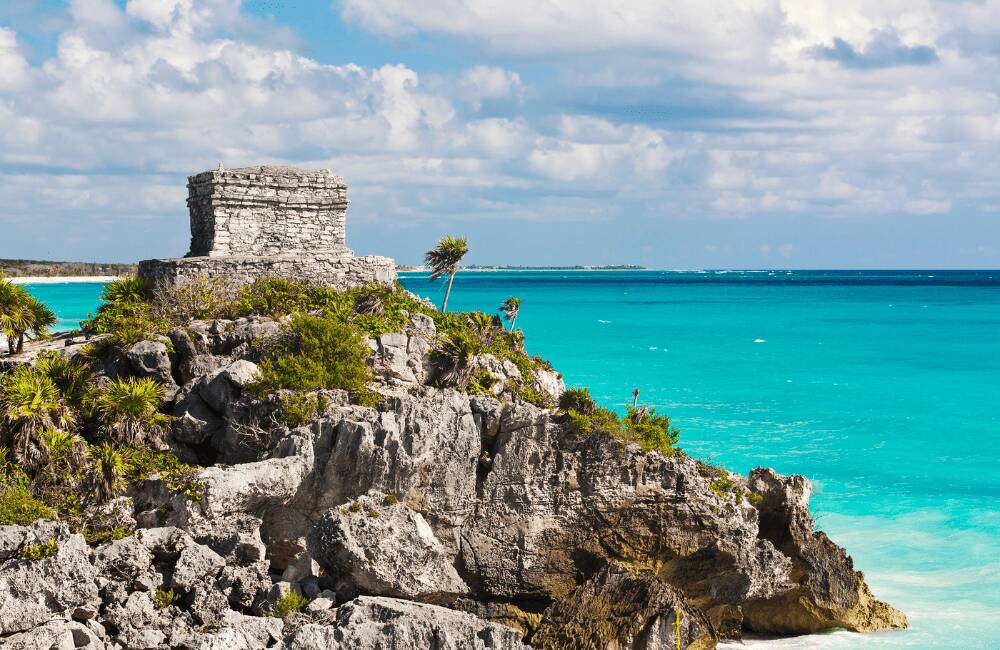
What is the current situation in Venezuela?
The situation in Venezuela in 2025 remains highly unstable. The country is facing economic, political, and humanitarian crises.
The economic situation is critical. Hyperinflation, job loss, and food insecurity continue to affect the population. Many Venezuelans rely on digital currencies or bartering systems to get by.
Power outages, internet blackouts, and fuel shortages are daily struggles. Access to clean water and reliable medical care is limited.
The political climate is tense. Protests, political rallies, and clashes with security forces happen regularly. Foreign travelers can easily be caught in the unrest.
Meanwhile, criminal activity continues to rise. Robberies, assaults, and kidnappings remain a major concern. Even visits to a national park or popular site can carry serious risks.
In short, the current situation in Venezuela makes it unsafe for tourism and difficult even for locals trying to meet basic needs.
Why is there no U.S. embassy in Venezuela?
As of 2025, there is no active U.S. embassy or consulate operating inside Venezuela.
The U.S. embassy in Caracas suspended operations in 2019 due to the escalating political crisis and risks to American personnel. Tensions remain high between the U.S. and Venezuelan governments, especially over the recognition of leadership.
Currently, all consular services for Venezuela are handled through the U.S. embassy in Bogotá, Colombia. This means:
- You can’t renew passports or get emergency help within Venezuela.
- There is no U.S. diplomatic protection on the ground.
- In an emergency, options like medical evacuation may be delayed or unavailable.
If you’re planning to travel to Venezuela, make sure you’re registered with the U.S. embassy in Colombia and have a plan in place for emergencies.
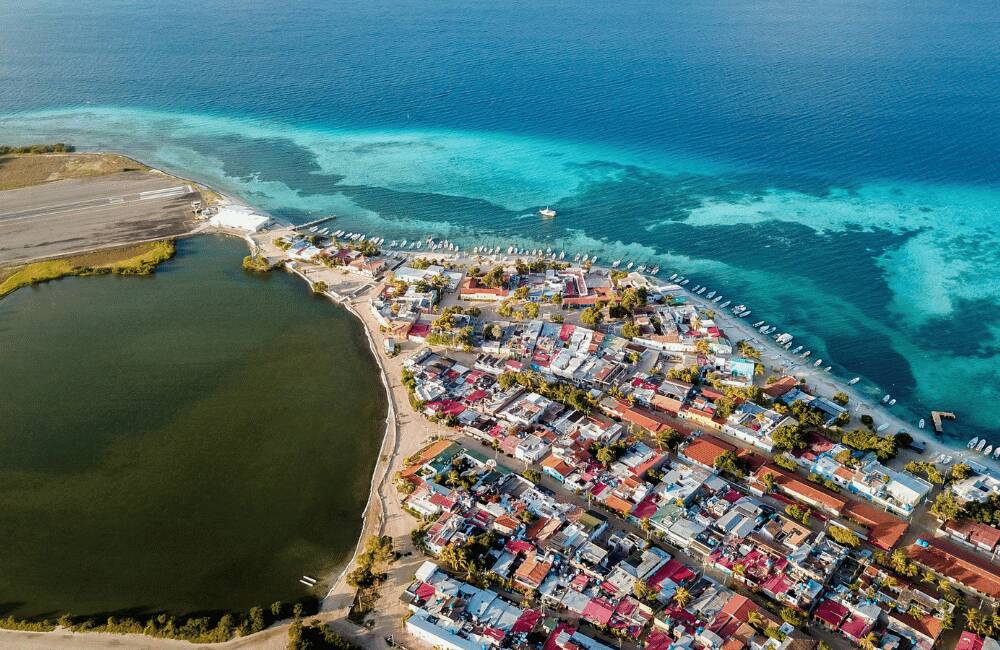
Why can’t I travel to Venezuela?
Technically, you can travel to Venezuela, but experts strongly advise against it. The Level 4: Do Not Travel advisory is based on extreme risks.
Here are the main dangers:
- Violent crime and armed robberies are widespread.
- There’s no U.S. embassy or consulate to assist you.
- Ongoing unrest, including protests and political rallies, can quickly turn violent.
- Power, food, and medical shortages are common.
- Reliable medical evacuation is difficult to arrange.
- Encounters with local authorities, including police and military, can be risky.
- Terrorist groups and armed criminal networks operate in some regions.
So while no one will stop you at the airport, the overwhelming recommendation is to avoid traveling to Venezuela until the situation improves.
Featured stories

